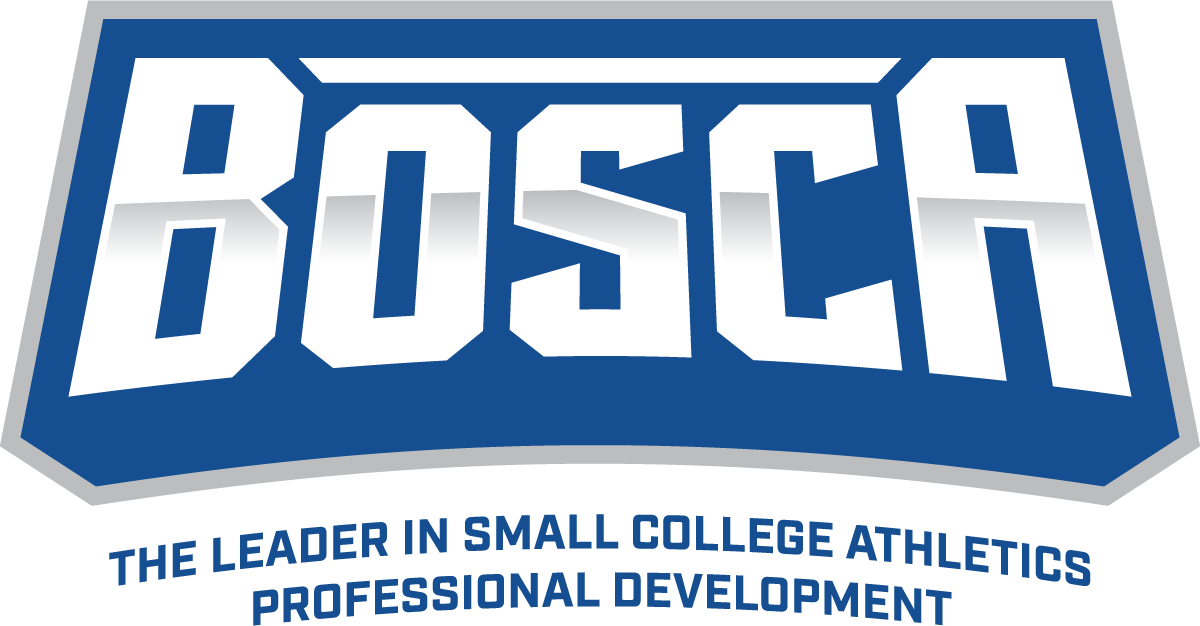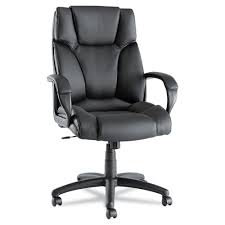THE ROAD TO THE ATHLETIC DIRECTOR'S CHAIR
I get a fair number of calls from people looking for a career in college sports. Honestly, I think that talking to people that work in a position that you might be considering is a great idea. Many of the folks that I talk to ask me if there is anyone else that I recommend that they visit with and I almost always recommend people like Kevin Steele at Mid America Nazarene or Matt Donovan, my good buddy at the University of Indianapolis.
In these conversations I am often asked “what do I need to be doing to prepare/position myself to become an Athletic Director. I generally respond to this question by recounting my own journey to this position which started in Minor League Baseball, took me to three different universities, and included 6 consecutive years that I did not work in Athletics that led directly to my appointment as an Athletic Director. In short, there is no specific route to take….there are, however, some experiences that will make you better at your job and make you more attractive as a prospective A.D.
External Relations – The most important thing that I learned in the early stages of my career was how to sell sports. Presidents, particularly at small colleges, worry about finances more than anything. They make the difficult decisions but most of them would tell you that their primary task is raising money. Similarly, I believe that the fast track to becoming an Athletic Director is developing fund-raising/revenue generating skills. Get involved or start the revenue generating programs in your department. Sell a sponsorship, contribute to the fund-raising events that your department hosts, or seek individuals that might join your booster club. There is a science to External Relations but the most important thing to remember is to Ask and Ask Often. People that can generate revenue will always be in demand. Take a few minutes to look at the bios of Athletic Directors that you admire and you will almost always see some reference to their fund-raising efforts.
Human Resources – AD’s spend more time than they would like dealing with Personnel. Whether it’s hiring, firing, evaluating, or reprimanding H.R. is a definite part of the job. To get this experience, ask to be involved in coaching searches, see if your A.D. is willing to give you some “sport responsibility,” and clearly understand how your A.D. approaches evaluating program success. This year I asked my administrative staff to complete a one page evaluation of each head coach. I did this because I value their opinion and recognize that their experience with the coach might be different than mine. I also did it because I thought that they would personally benefit from the experience of evaluating others.
Budget Management/Operations – Being a great budget manager doesn’t guarantee you a job as an A.D. but it is an expected skill. Similarly, experience in game/event management and operations within the department shows the breadth of talents necessary to run the department. My point here is this, the A.D. is responsible for every aspect of the department…he or she must have a broad knowledge of each aspect.
What Else Can You Do ? – I ask just about everyone that I interview this question. Versatility is critical at Small Colleges in particular. How can you show your versatility? Involve yourself in other campus committees, join a service organization, teach a class, or join a professional development organization like NACMA or NAADD. Importantly, seek to lead these organizations. Presidents aren’t looking for members….they are looking for leaders.
The truth is that there is no clear path to the Athletic Director’s chair. This year alone I know of three Sports Information Directors that were hired as AD’s and, as I mentioned above, I had been working outside of Athletics for the six years immediately preceding my hire as an A.D. That having been said, there are deliberate steps and actions that you can take that will better prepare you for the position. Each of these experiences will make you better in your job whether you ultimately become an Athletic Director or not.


